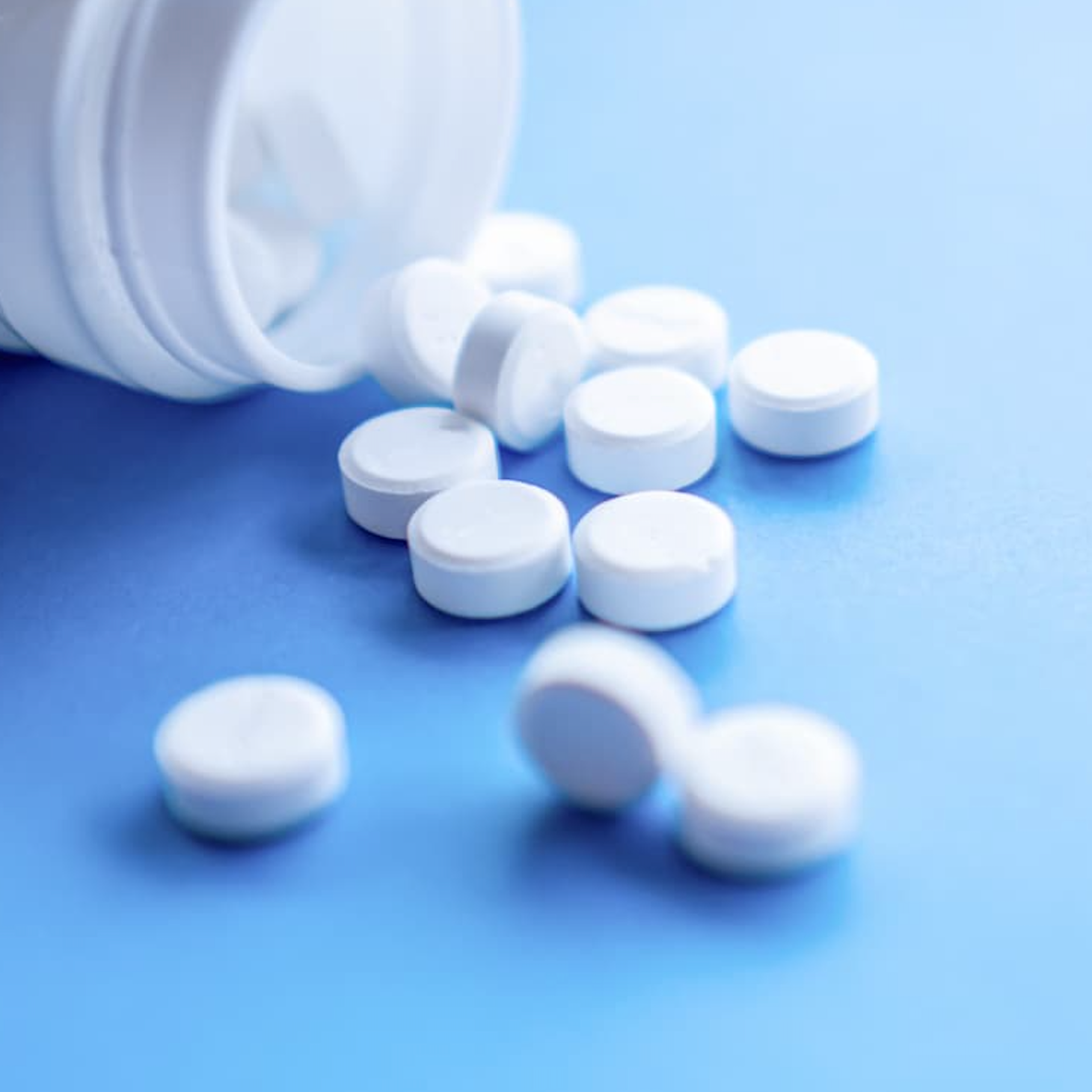FDA Issues Recall for Popular Blood Pressure Medication
The FDA has recalled certain bottles of spironolactone blood pressure tablets after finding possible aluminum contamination.
By
Lana Pine
| Published on August 12, 2025
2 min read
Credit: Adobe Stock/doucefleur

The U.S. Food and Drug Administration (FDA) has announced a recall of more than 11,000 bottles of a commonly used blood pressure medication due to possible contamination. The affected product is spironolactone tablets, USP, 25-milligram, 100-count bottles. These tablets were manufactured by Frontida BioPharm Inc. and distributed nationwide by Sun Pharmaceutical Industries Inc.
Spironolactone is a diuretic that works by preventing the body from absorbing too much salt while keeping potassium levels from getting too low. It is mainly used in combination with other medications to treat high blood pressure and heart failure, although it also prescribed to treat fluid retention among people with kidney disorders or liver cirrhosis, as well as hypokalemia (low potassium levels in the blood).
The recall is being issued because a foreign substance — identified as aluminum — may be present in the medication. The affected bottles can be identified by lot number P3314 and have an expiration date of November 30, 2026.
The recall began on August 5, 2025, and the FDA classified it as a Class II recall on August 7, 2025. A Class II recall means that use of the medication may cause temporary or medically reversible health problems, and the risk of serious health consequences is considered low.
If you have this medication at home, do the following:
- Check the lot number on your bottle to see whether it matches P3314.
- Do not stop taking your medication without talking to your doctor, as stopping suddenly could cause your blood pressure to rise or worsen your heart condition.
- Contact your pharmacist or health care provider for guidance on replacement medication and safe disposal of the recalled pills.
The recall is still active, and the FDA is continuing to monitor the situation. Patients are encouraged to report any unexpected side effects to the FDA’s MedWatch Safety Information and Adverse Event Reporting Program.

